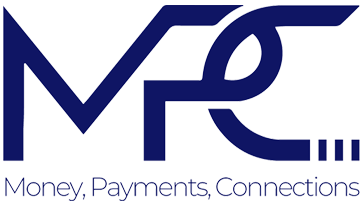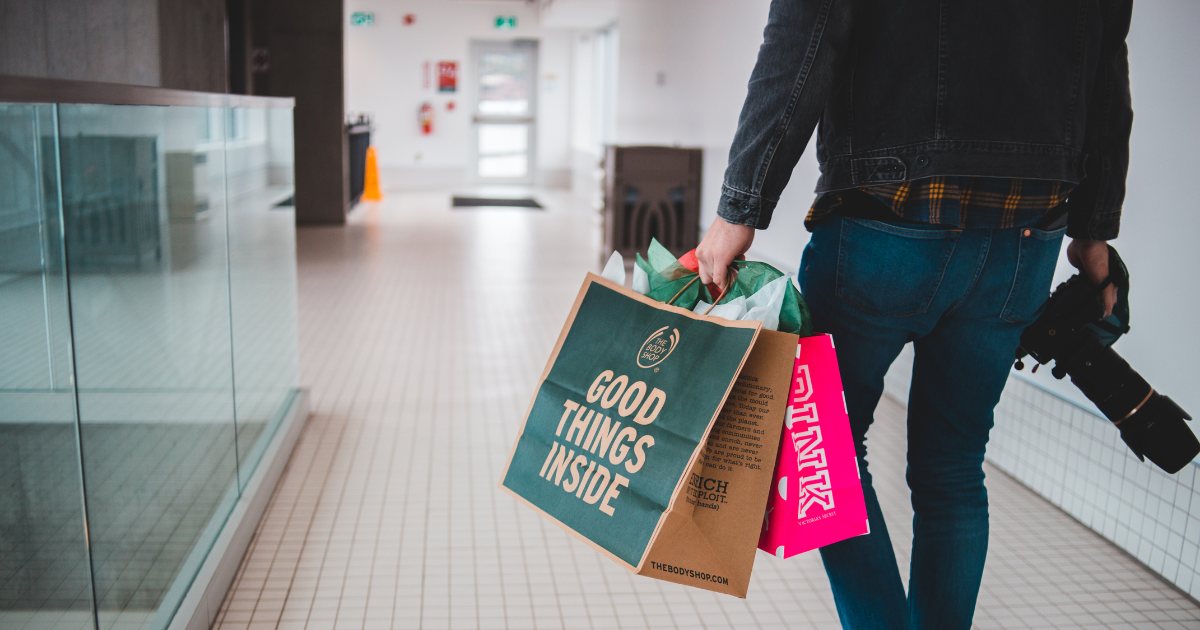Out of all the current trends happening in the banking and payments industries at the moment, there’s probably nothing more controversial than buy now pay later. Is at a crossroads? It depends on who you ask.
In September, BNPL was on a high coming off the summer months. Almost a year later, it seems the industry has taken a complete 180.
Last summer, the industry was filled with analysis about Square’s pending $29 billion acquisition of Australia’s Afterpay. Affirm also made waves with implementation in the checkout cart for Amazon, bringing BNPL capabilities to millions of new consumers. PayPal eliminated fees on BNPL purchases while Visa announced it is developing a BNPL product.
But now? Well, the situation appears a bit dire.
In late 2021, the CFPB opened a comment period in order to take a deeper look at fintechs offering BNPL, which exploded in popularity during the heights of the pandemic when in-store shopping was almost non-existent. Klarna recently announced plans to lay off 10% of its workforce. And more and more stories are coming out about how consumers are increasingly falling behind on repaying their BNPL debts, which has become a glaring problem.
In May, the San Francisco Chronicle published a deep dive on a troubling trend in the land of online influencers. The article pointed out how Instagram and Tik Tok creators are constantly pushing how they paid for their new threads via BNPL. And with these videos collectively being seen by millions of consumers, BNPL critics are worried young consumers will get over their heads in debt.
The New York Post recently highlighted a story about how one woman get into some serious debt with Klarna. There’s a hashtag on TikTok called #KlarnaCredit that discusses consumers’ debt issues using the BNPL provider.
Like almost anything, there are two ways we can discuss this ongoing trend.
On one hand, the lack of sound financial education in schools continues to be an issue. Schools aren’t teaching about financial responsibility en masse. It’s not surprising to read that BNPL debt issues are rampant amongst consumers in their early 20s. That’s an easy time in one’s life to fall into debt issues. There’s also a case to be made that any consumer falling into the BNPL debt cycle needs to have a sense of responsibility over what they’re getting themselves into with these providers. Even if Affirm and Klarna aren’t exactly spelling out terms and conditions, it’s more reason for a potential user to do their own homework on these companies.
On the other hand, providers are making it incredibly simple to open an account with them. It takes minutes. And while there is some “friction” in the process as far as terms and conditions, it’s probably not up to the standards BNPL critics want to see in these products. A bigger issue for the providers might be the fact they’re making their products available to be used to buy gas and groceries. That’s just opening themselves up to more consumer abuse and regulatory scrutiny.
I’ve mentioned this to my clients at BackBay Communications before, but what’s happening in BNPL today is eerily like the issues the prepaid card industry faced over a decade ago. The climax of that situation happened in 2010 when the Kardashian sisters helped to launch a prepaid debit card with an abundance of fees attached, the most shocking one being a fee of $99.95 just to own the card. The Kardashian Kard lasted a month on the market, with only 250 cards sold. It wasn’t too long after the Kardashian debacle that the prepaid card industry “self-regulated” itself to produce a much fairer fee structure.
At this point, there’s little doubt regulation is coming in some form. But one has to wonder if BNPL providers did enough to police themselves before inevitable government involvement.
[mkdf_separator class_name=”” type=”normal” position=”center” color=”” border_style=”” width=”” thickness=”” top_margin=”” bottom_margin=””]
 AUTHOR
AUTHOR
Will Hernandez
Media Strategist, BackBay Communications
Will Hernandez is a Media Strategist in the Financial Technology group at BackBay Communications in Boston. Prior to joining BackBay, Will covered the banking, fintech, and payments industries for 12 years, most recently as a technology reporter at American Banker. He also served as the editor for Mobile Payments Today for almost five years. Will graduated from St. John’s University in New York City with a B.S. in Journalism. Will started his 20-year journalism career as a sportswriter for a small newspaper in Eastern Connecticut







